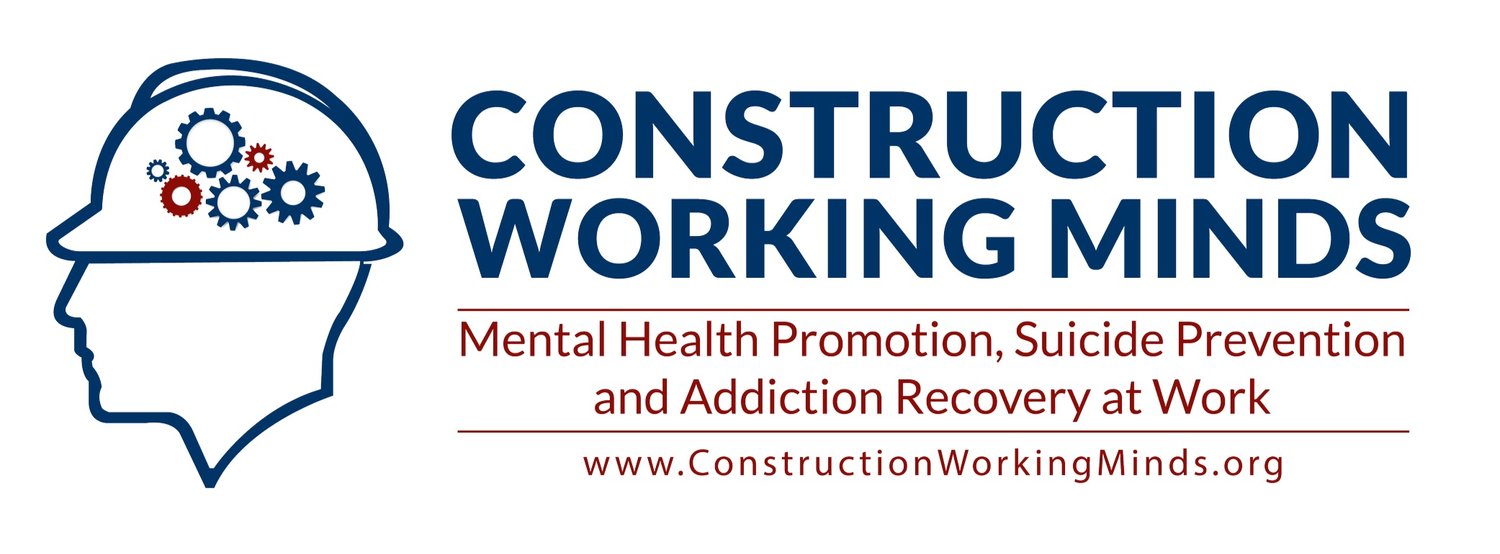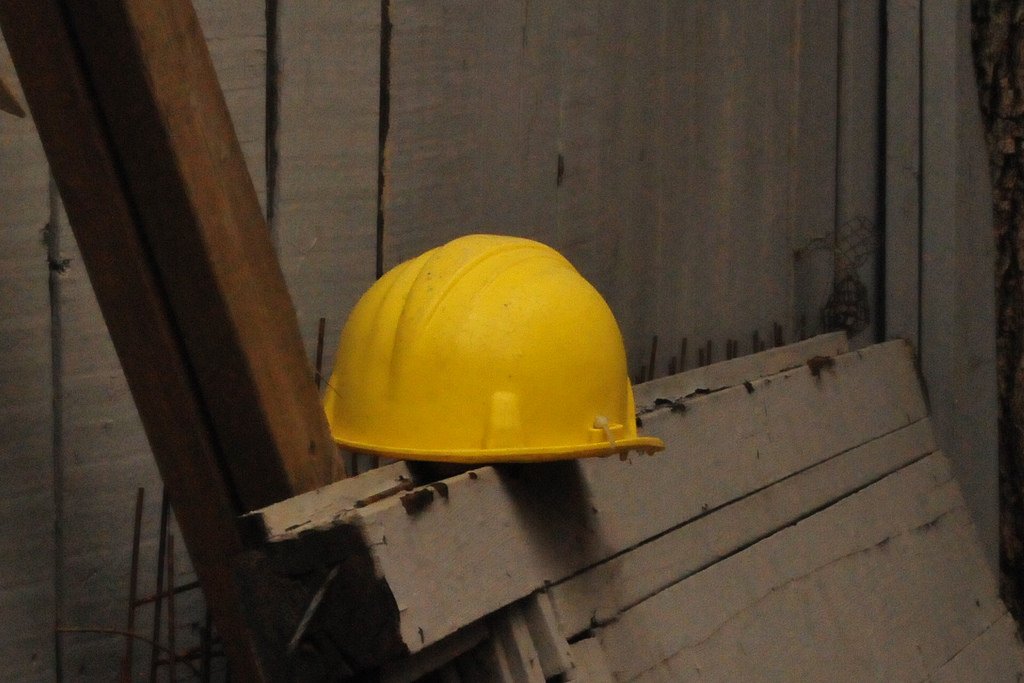Workshops & Programs
The Tsunami After Suicide: Supporting Suicide Loss Survivors:
In this presentation, Dr. Sally Spencer-Thomas will share grief and trauma recovery pathways through the devastation that the tsunami of suicide leaves behind. She begins by sharing her personal story of the trials and tribulations she faced after losing her brother to suicide. She then helps participants appreciate the complexities that arise for people bereaved by suicide and offers action steps that individuals and communities can take to cope. In addition, she shares research on “continuing bonds” after suicide and the grief rituals that have helped suicide loss survivors move through the tasks of grief. Knowing that suicide “postvention” (what to do after a suicide death) is suicide prevention for those left behind, she helps communities transition from grief to healing to empowerment.
Learning objectives:
To understand why suicide bereavement is a complicated form of grief.
To list three types of grief rituals that help survivors of loss process their experiences.
To define suicide as “postvention” and list key steps communities can take when responding to a suicide death.
““A candle shineth in the dark
Lighting the way
Between two hearts
One here and
One over there.””
VitalCog Train-the-Trainer Certification Course: (up to 30 people)
Construction Specific Suicide Prevention Brief Training
How to Build Capacity in Your Organization: Offer a Train-the-Trainer Certification Course
The 8-hour train-the-trainer certification course certifies participants with the credentials/trainer tools to deliver the 60-90 minute VitalCog training at your organization and in the community. This course can be delivered virtually or in person.
About the Brief VitalCog Training
The 60-90 minute VitalCog training gives participants the skills and tools to appreciate the critical need for suicide prevention in the construction workplace while creating a forum for dialogue and critical thinking about workplace mental health challenges and suicide prevention, and by promoting help-seeking and help-giving.
Morning
Introductions and Orientation
Fundamental Knowledge about Suicide Prevention in Construction
15-minute BREAK
A 90-minute run-through of "VitalCog" with Workbook
45-Minute Lunch Break
Afternoon
"Train-the-Trainer" Overview and Review of Toolkit
Participants Prepare and Practice Delivering 60-90 minute VitalCog training.
Expectations of Trainers
Celebration!
For more information visit the Johnson’s Depression Center
Up on the High Wire: Cultivating Mental Resiliency to Get Us through Tough Times:
Keynote (45-60 minutes) or interactive workshop (1 to 3 hours)
Presented by: Dr. Sally Spencer-Thomas
Keynote Description:
Are we doing enough to invest in mental health and “mental resiliency”? What does it actually mean to be emotionally fit and psychologically hardy? With increasing demands to do more with less and perform with polish, people need coping tools and emotional inoculation to get them through challenges. This keynote looks at the issue of mental wellness and gives participants the tools to help themselves and others sustain a passion for living over the long haul. As a psychologist, mental health advocate, and survivor of her brother’s suicide, Dr. Sally Spencer-Thomas brings a unique perspective to the topic. From storytelling to discussing the effects of stress on the brain, Sally will help participants know how to stay mentally fit, avoid burnout, and remain focused on wellness.
Workshop Description:
Are we doing enough to build our mental muscle of resiliency”? What are best practices in developing psychological hardiness? With increasing demands to do more with less and perform with polish, many people need to develop emotional inoculation to get them through challenges. This workshop looks at the daily workout strategies that build mental fitness and gives participants the tools to help themselves and others sustain a passion for living over the long haul. As a psychologist, mental health advocate, and survivor of her brother’s suicide, Dr. Sally Spencer-Thomas brings a unique perspective to the topic. From storytelling from lived experience to discussing the effects of stress on the brain, Sally gives participants four key ways to build mental strength, flexibility, and endurance: be bold, belong, be well and believe.
Learning Objectives:
Participants will be able to:
Make a case for a comprehensive “upstream” mental health
Define mental resiliency and positive psychology
Articulate the four approaches to resiliency – be bold, belong, be well, and believe



